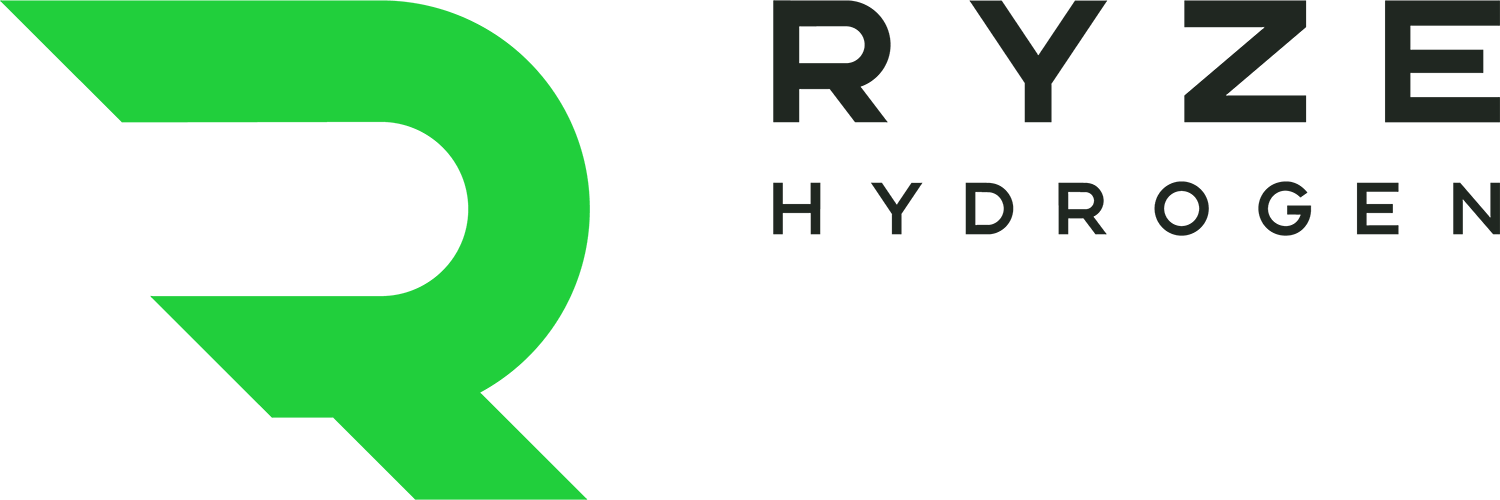The increasing demand for renewable energy is driving significant advancements in hydrogen and electrification technologies, which are crucial for decarbonising the transport and industrial sectors. With a goal of achieving net zero by 2050, scaling these technologies is imperative.
Fossil fuels account for 75% of global greenhouse gas emissions, with significant contributions from electricity production, heat, transportation, and manufacturing. The International Energy Agency stresses that fossil fuel demand must drop by 25% by 2030 and 80% by 2050 to meet the Paris Climate Agreement targets.
Hydrogen developers are proving that decarbonisation is achievable across various industries. Hydrogen, as we know, is versatile and capable of powering corporate fleets and industrial processes, from glass factories to breweries.
The need for electrification and hydrogen as complementary technologies alongside one another is abundantly clear, and companies like leading U.K. bus manufacturer Wrightbus are leading the way.
Wrightbus produces both market-leading hydrogen and electric buses in their range, knowing their forward-thinking customers have various demands.

The hydrogen-powered zero-emission double-deck Hydroliner, manufactured by leading U.K. bus manufacturer Wrightbus
Similarly, Volvo Group is committed to the Paris Agreement and is developing its diverse zero-emission product range. The Volvo Group’s chief technology officer and hydrogen expert, Lars Stenqvist, said recently, “The fleet must be fossil-free. For us, that means net zero by 2040. There is no silver bullet—no single technology.”
Volvo’s battery electric vehicles are widely adopted, but hydrogen fuel cell vehicles are ideal for heavier-duty applications, efficiently converting hydrogen to electricity. Volvo plans to commercialise this technology by 2030.
JCB is making strides in construction equipment with its award-winning hydrogen combustion engine technology. Their engineers are developing advanced hydrogen engines, with over 120 already produced and being tested. The titan U.K. firm highlights that hydrogen is more suitable for heavy machinery due to higher energy demands and remote working conditions.

JCB has developed a range of zero-emission hydrogen products to complement its successful electric range of smaller vehicles and is also developing advanced hydrogen combustion engines.
Hydrogen vehicles generally offer longer ranges than all-electric and can refuel in about 10 minutes, assuming the infrastructure is available. Hydrogen engines emit only pure water vapour, making them emissions-free when the hydrogen used to power them is produced using renewable energy.
Now as both the maritime and aviation sectors develop their own hydrogen power technologies to decarbonise their challenging sectors, it’s evident that hydrogen is indeed essential for ‘big and heavy’ applications, mirroring the hydrogen required for substantial and energy-intensive industries.
The global shift towards decarbonisation is accelerating, with hydrogen playing a pivotal role. The transition may bring challenges, but the benefits of a carbon-free economy are clear, offering new opportunities in the automotive and industrial sectors.
At Ryze, we support this transition through our hydrogen and electrification solutions, paving the way for a sustainable and cleaner future.
Please get in touch to discuss your business’s decarbonisation needs anytime.






